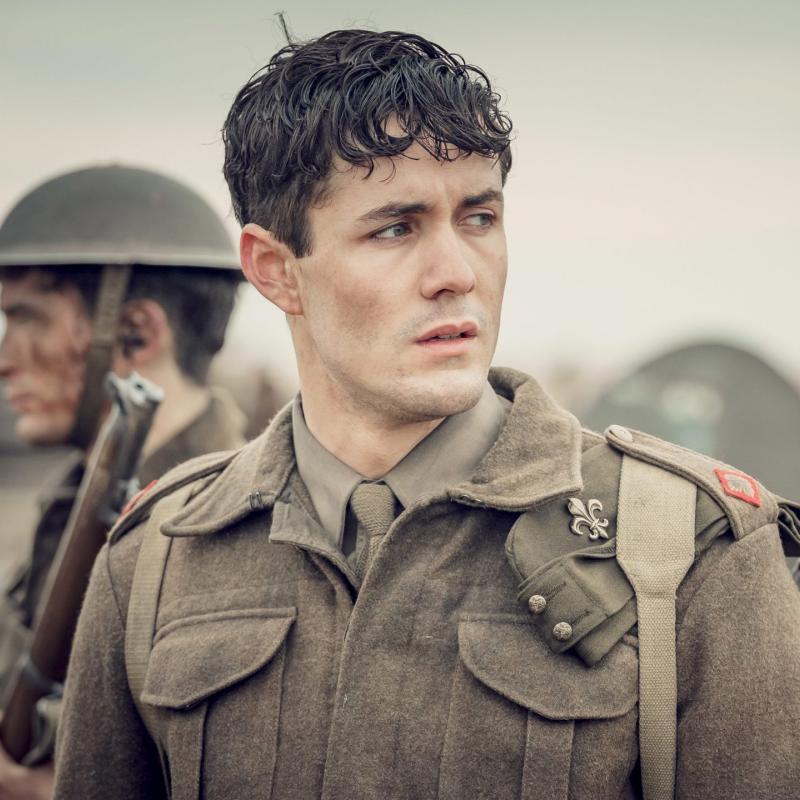
World on Fire: An Oral History of WWII
Hear the oral history of World War II as told by the veterans who fought in it, the filmmakers who captured it, and the historians who sought to understand it. Listen to these first-person interviews and watch history unfold in World on Fire, a new seven-part series by Masterpiece. The story begins Sunday, April 5, 2020 at 9/8c on PBS.
